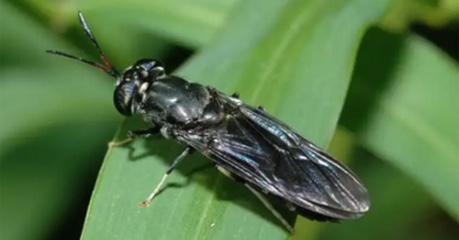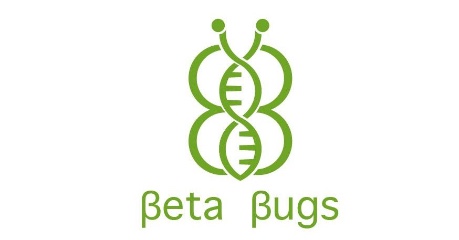Friday 8th February 2019, 9:00am
A recent report published by Zero Waste Scotland estimates the economic potential for Black Soldier Fly farming in Scotland and presents findings from a Scotland-specific Life Cycle Analysis study.

In 2016, the EU Commission released a white paper which found insect farming could provide a sustainable alternative source of protein for animal feed, while helping reduce the EU’s reliance on protein imports.
In 2017, the EU passed legislation allowing use of select insect meal in aquaculture feed. An extension of this allowance to poultry is expected in the next 12-18 months.
Insect farming, particularly of Black Soldier Fly (BSF), offers an intriguing and elegant circular economy opportunity to turn organic residues, including pre-consumer food waste, into feedstock for food systems. Around the world, companies are constructing and operating commercial-scale insect farming plants.
Scotland is well-placed to become a global leader in this emerging industry owing to the Scottish Government’s circular economy objectives and food waste reduction target, and large aquaculture, agriculture and food and drink sectors. This report estimates the economic potential for Black Soldier Fly (BSF) farming in Scotland and presents findings from a Scotland-specific Life Cycle Analysis (LCA) study, which found BSF farming in Scotland using pre-consumer food waste feedstock could provide a low-carbon, high-value alternative to conventional food waste treatment and protein production processes.
